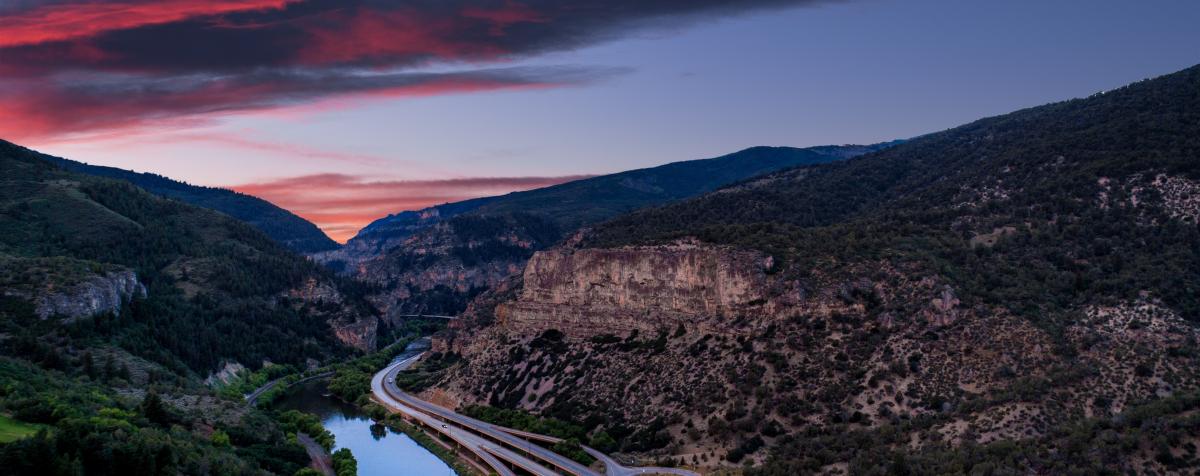Engaging with Environmental Change in the Rocky Mountain West
There’s no better place to examine these issues than the Rocky Mountain West. Our location in Denver provides unparalleled opportunities to engage first-hand with an extensive concentration of conservation and environmental organizations, green businesses and government agencies.
Colorado's natural environment and economy are diverse and interconnected. Straddling the Continental Divide, the state is home to the headwaters of major rivers, including the Colorado, Platte, Arkansas and Rio Grande, which provide important water sources for the western U.S. We are home to ranches, farms and ski areas, as well as thriving cities on the Front Range. We are an energy-producing state, with traditional oil and gas production activities paired with the rapid development of major wind and solar facilities. Colorado is also host to atmospheric research centers and resource management agencies, including the National Center for Atmospheric Research and the Bureau of Land Management. Our location puts us at the center of practical discussions about water, agriculture and both conventional and renewable energy. From record-breaking wildfire seasons, to unprecedented droughts and floods, Colorado is also experiencing the impact of climate change in real time. We do more than talk about these issues–we live them and we see first-hand their impact on our communities.

